A true natural aristocracy is not a separate interest in the state, or separable from it. It is an essential integrant part of any large body rightly constituted. It is formed out of a class of legitimate presumptions, which, taken as generalities, must be admitted for actual truths. To be bred in a place of estimation; to see nothing low and sordid from one’s infancy; to be taught to respect one’s self; to be habituated to the censorial inspection of the public eye; to look early to public opinion; to stand upon such elevated ground as to be enabled to take a large view of the widespread and infinitely diversified combinations of men and affairs in a large society; to have leisure to read, to reflect, to converse; to be enabled to draw and court the attention of the wise and learned, wherever they are to be found; to be habituated in armies to command and to obey; to be taught to despise danger in the pursuit of honour and duty; to be formed to the greatest degree of vigilance, foresight, and circumspection, in a state of things in which no fault is committed with impunity and the slightest mistakes draw on the most ruinous consequences;
to be led to a guarded and regulated conduct, from a sense that you are considered as an instructor of your fellow-citizens in their highest concerns, and that you act as a reconciler between God and man; to be employed as an administrator of law and justice, and to be thereby amongst the first benefactors to mankind; to be a professor of high science, or of liberal and ingenious art; to be amongst rich traders, who from their success are presumed to have sharp and vigorous understandings, and to possess the virtues of diligence, order, constancy, and regularity, and to have cultivated an habitual regard to commutative justice: these are the circumstances of men that form what I should call a natural aristocracy, without which there is no nation.— An Appeal from the New to the Old Whigs, 1791
The Imaginative Conservative applies the principle of appreciation to the discussion of culture and politics—we approach dialogue with magnanimity rather than with mere civility. Will you help us remain a refreshing oasis in the increasingly contentious arena of modern discourse? Please consider donating now.
We hope you will join us in The Imaginative Conservative community. The Imaginative Conservative is an on-line journal for those who seek the True, the Good and the Beautiful. We address culture, liberal learning, politics, political economy, literature, the arts and the American Republic in the tradition of Russell Kirk, T.S. Eliot, Edmund Burke, Irving Babbitt, Wilhelm Roepke, Robert Nisbet, Richard Weaver, M.E. Bradford, Eric Voegelin, Christopher Dawson, Paul Elmer More and other leaders of Imaginative Conservatism. Some conservatives may look at the state of Western culture and the American Republic and see a huge dark cloud which seems ready to unleash a storm that may well wash away what we most treasure of our inherited ways. Others focus on the silver lining which may be found in the next generation of traditional conservatives who have been inspired by Dr. Kirk and his like. We hope that The Imaginative Conservative answers T.S. Eliot’s call to “redeem the time, redeem the dream.” The Imaginative Conservative offers to our families, our communities, and the Republic, a conservatism of hope, grace, charity, gratitude and prayer.
The featured image is Party for the Aristocracy (1894) by Ilya Repin (1844–1930) and is in the public domain, courtesy of Wikimedia Commons.



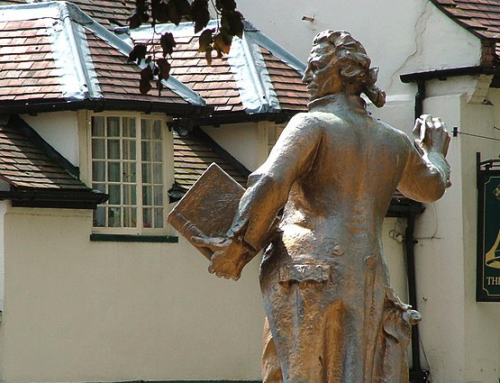
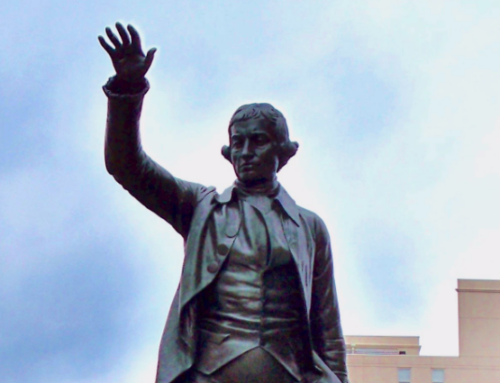
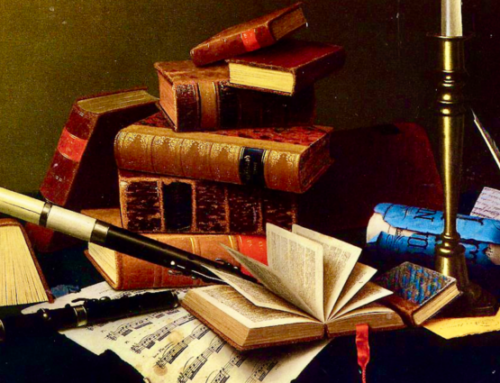
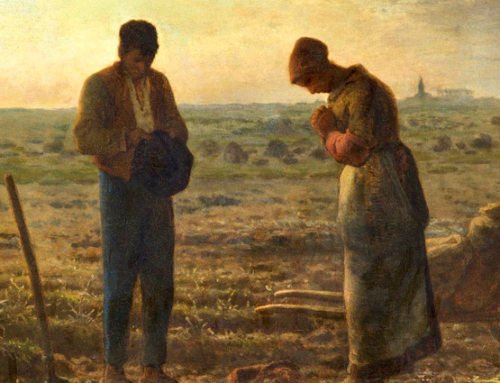
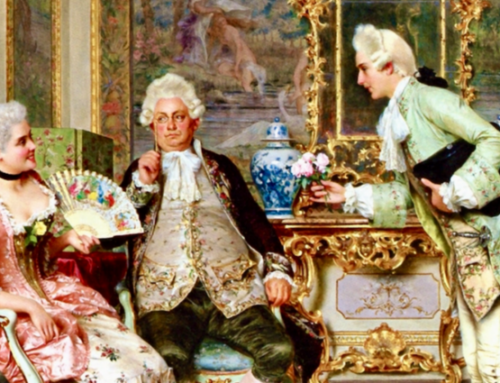
Leave A Comment